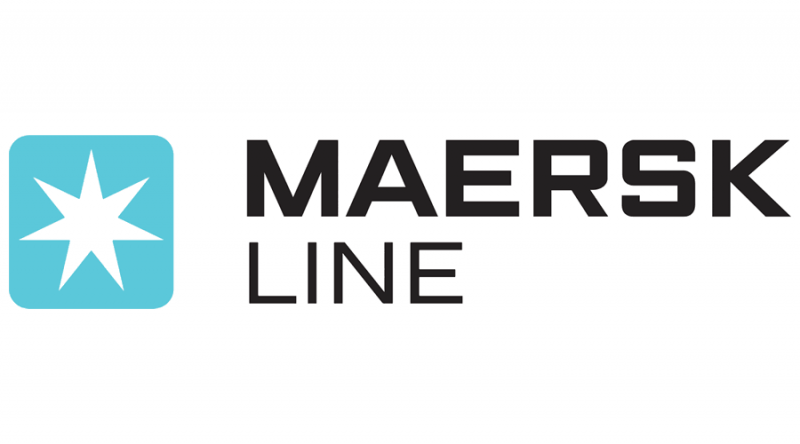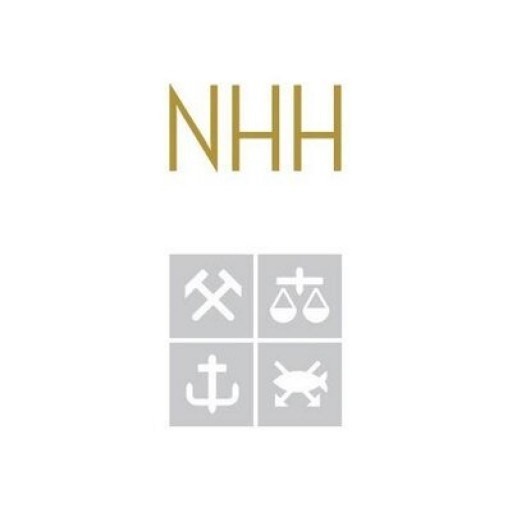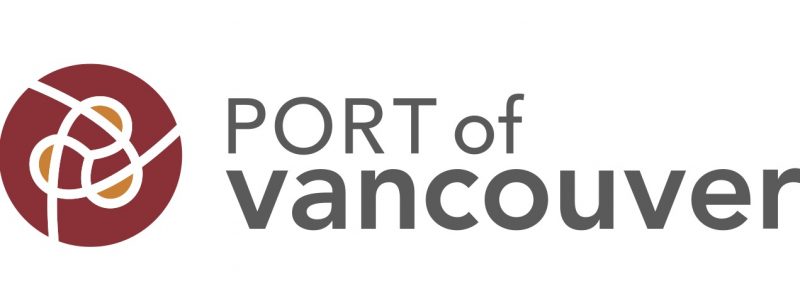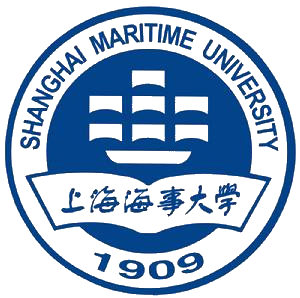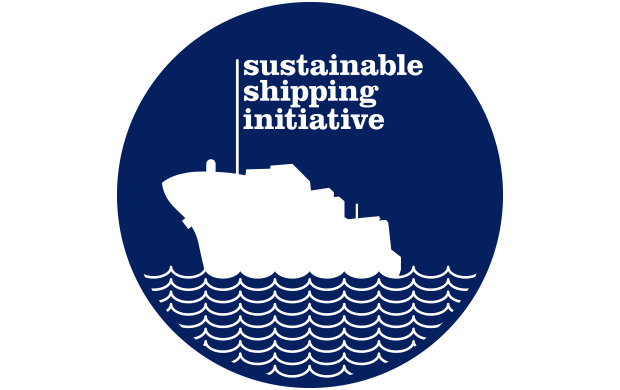Governance Team
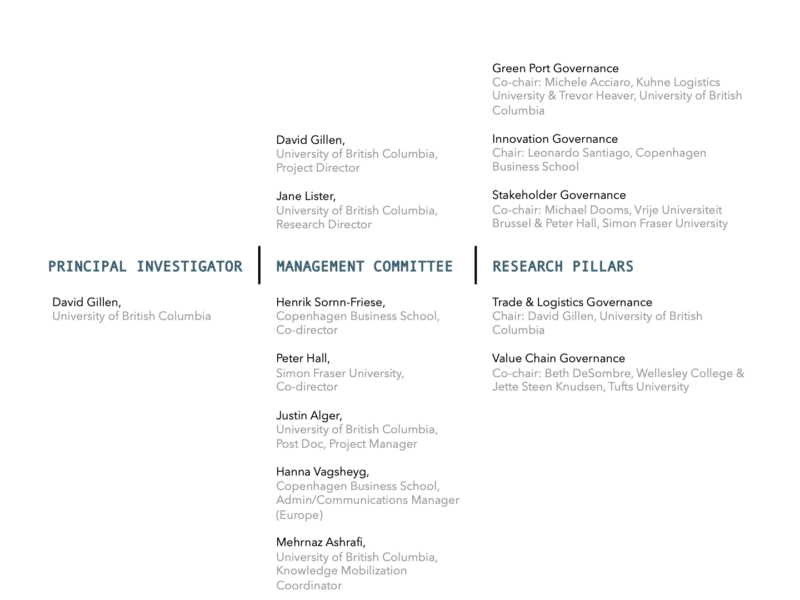

Governance Team | Project Clusters | The Partnership
The UBC Centre for Transportation Studies together with 20 university partners and 19 non-academic industry and government partners lead an international maritime research network on governing environmental improvements in the maritime supply chain. The project is funded by the Social Sciences and Humanities Research Council of Canada and includes economists, business management scholars and political scientists.
While there is well-developed technical literature on ship design and the economics of efficient operation, sea transport is relatively under-‐investigated in the business management, political economy and global governance literatures. There is consequently a major gap when it comes to understanding the implications of the accelerating “green shipping” trend, which calls for greater environmental accountability and reduction of the air, land and water impacts of the sector along the maritime supply chain.
The Green Shipping research network aims to address this knowledge gap. The overall goal is to advance knowledge and understanding towards the progressive governance of sustainable maritime transport.


Ports serve as a critical node in the maritime supply chain. They define and enforce vessel operating rules and are the main point of contact between the industry and the public. Increasingly, ports are adopting green shipping requirements. With rising public concerns around terminal expansion and increased ship traffic as well as additional intermodal rail and truck traffic, ports are also now at the forefront of heated public policy debates.
Studies within this research pillar include investigations of the drivers, challenges and advantages of green port governance policies and voluntary programs. The research sample includes major global ports selected for leading, and in some cases lagging, practices.
Business innovation is one of the few remaining sources of competitive advantage for firms, particularly in a highly concentrated industry sector such as maritime shipping. Green shipping innovation can be carried out within different dimensions and at multiple levels. The imperative for technological innovation is understood. Less appreciated is the critical importance of business model design and organizational management innovation to long-term competitiveness.
Studies under this research pillar analyze and compare shipping company business management innovation strategies as well as assess the economic and geopolitical implications of the diffusion of these strategies along the maritime supply chain.
Maritime shipping has entered the public debate as well as the national and international regulatory spotlight. Given the industry’s historically low profile, there is a disconnect and a misalignment of knowledge and understanding about the role and challenges of shipping, particularly with respect to the sector’s environmental impacts and opportunities for innovation and improvement. The shipping industry faces a critical, sector-wide challenge to proactively identify and engage with its stakeholders in a coordinated manner in order to maintain its social license to operate and grow.
Studies in this research pillar analyze the network politics and stakeholder management approaches of organizations along the maritime supply chain towards green shipping governance. This includes understanding governments, companies, ports, civil society organizations and communities with respect to their interests, strategies and boundaries of policy authority and responsibility.
Evolving globalization with the rise of emerging economies, shifts towards south-south trade and expanded passage through the Arctic and Panama corridors have direct and significant implications for global maritime shipping. Adjustment strategies at ports and with ship transport include terminal expansion, slow steaming to reduce fuel usage and the rise of more energy efficient, very large vessels.
While shipping companies seek to capture greater economies of scale with greener shipping, bottlenecks, congestion and idling at ports threaten to cancel environmental gains due to mismatched infrastructure and intermodal capacities. Studies conducted under this research pillar examine how shifts in international trade are occurring and can impact investment and business competitiveness along the maritime supply chain, and the net resulting consequences for governing environmental impacts.
Increasingly, organizations along global supply chains from producers to retail consumers are adopting ambitious sustainability targets. Some are participating in voluntary green shipping programs to implement their objectives. Others are guarding the status quo and failing to act. The trade-offs of who wins and who loses along the supply chain from green shipping initiatives are unclear. Engaging with the growing field of research on sustainable supply chain management, global value chains and the public policy role of private governance, studies within this pillar will address the motivations, benefits and shortfalls of voluntary corporate responsibility, and evaluate the factors shaping an optimal public-private mix of green shipping governance mechanisms.













